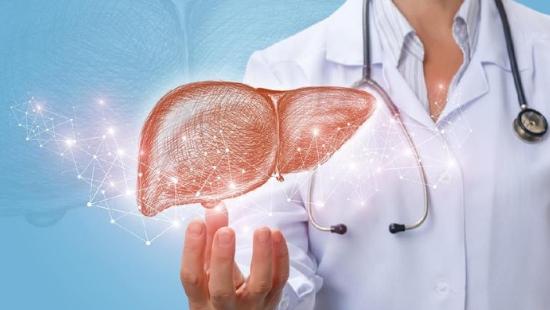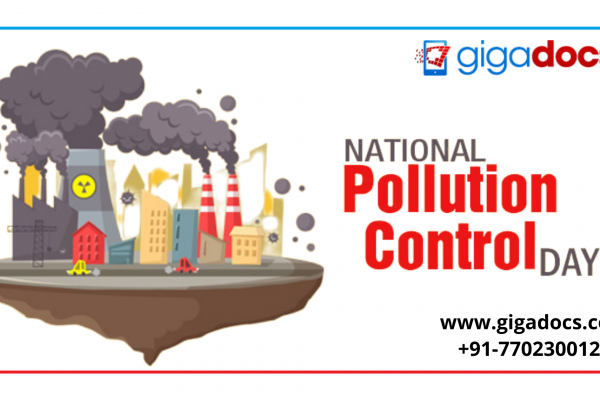Coronavirus pandemic has made almost the entire world stay at home, in a lockdown, and practice stringent social distancing measures. Social distancing has been mandated by governments to slow down the transmission rate of COVID-19. Health authorities point that Coronavirus can mitigate the infectivity rate, easing the tremendous burden on the health care infrastructure.
As the number of cases crosses over 3 million, Social Distancing practices are a crucial response to contain the risk of contact with a large number of people which can rapidly increase the virus transmission. Social distancing becomes more important as the number of Coronavirus asymptomatic cases who appear to be healthy continues to surge.
What is Social Distancing?
Social distancing is defined as a control intervention to prevent non-pharmaceutical infection to mitigate the contact between those who are infected with the Coronavirus pandemic pathogen and those who are healthy, to decrease the rate of infectivity transmission across the community which eventually leads to decreasing active cases and mortality due to the disease.
Following Social distancing, or physical distancing measures you must essentially maintain at least 6 feet distance between yourself and whom you meet outside.
When you are going out for grocery shopping, make sure you have space between you and others to lessen your chances to be exposed to this virus and slow the local transmission.
Why Should you Follow Social Distancing?
COVID-19 transmits from close contact with people who are infected with the virus, spread happens when an infected person is coughing or sneezing which releases infectious droplets from their mouth to reach a healthy person’s nose or mouth who are in close contact. These droplets can travel to the lungs, infecting a healthy person. Asymptomatic people are a greater scare for COVID-19 virus transmission, they do not know they are infected and continue to interact with those who are around
The risk of Surface contamination of Coronavirus cannot be ignored. There is a possibility that a healthy person can get infected by contacting contaminated surfaces like doorknobs, frequently used objects, and then successively touching their own eyes, face or mouth. COVID-19 can survive on surfaces for even 7 days, even your face masks are not safe. Maintaining strict social distancing limits contact with contaminated surfaces and infected people.
The risk for Coronavirus spread is high among cardiovascular patients, liver infection, and asthmatics, though the risk of severe illness may differ from person to person. It must be noted that everyone, anyone can contact and transmit COVID-19, thus it cannot be denied that everyone can either slow the risk of spread and protect themselves, their family, and their community.
Safe Social Distancing
Follow these safe social distancing measures to mitigate the spread of the Pandemic-
- Update yourself with the news from reliable sources.
- For grocery shopping, use face masks at the food or pharmacy store and stay at least 6 feet away from everyone for your safety.
- Prefer to order your groceries and medicines online and pay through cards, Coronavirus can stay at banknotes for 4 days at a stretch.
- Don’t forget to put your face masks, when you are going outside for emergency shopping. There are homemade cloth facemasks, Surgical Masks, and N-95 facemasks.
- Avoid public spaces, like your regular walks, small gatherings at your friend’s house, or shops for non-essential shopping. This applies to people of all age groups including teens, younger adults, and senior citizens.
- Work from home. Practice meditation to relieve stress, neck pain, and cold shoulders.
- For grocery shopping stand in a queue to adhere to social distancing. Follow all the guidelines issued by authorities.
- Clean and disinfect regularly touched surfaces, like tables, keyboards, light switches, sinks with a house-hold disinfectant.
When should you practice Social Distancing/ Self-Isolation or Quarantine?
| Check your current status | You must follow |
| You are in good health, have no symptoms and are adhering to COVID-19 preventive measures | Social Distancing |
| If you have been in contact with someone who shows COVID-19 symptoms like fever, cough, cold, dry cough, aches, and pains, nasal congestion, sore throat, or diarrhoea | Self-Isolation. Monitor yourself, and contact a digital specialist for consultation |
| If you have been diagnosed with cold, cough, fever or shortness of breath, and you are awaiting your COVID-test results | Quarantine, stay in a designated area away from other people. Use a separate washroom |
Consulting a Digital Infectious Disease Specialist
As countries around the world practice social-distancing, virtual consultations have replaced the traditional face to face appointments. Telehealth is a safe consultation, to slow down the spread of COVID-19. Telemedicine technologies can be availed from your home, book a Digital Gastroenterologist, infectious disease specialist or dietitians around you on the Gigadocs app, if you experience any flu-like or Diarrhoea and Gastrointestinal symptoms.
When you attend your virtual appointment, speak about all the symptoms you are experiencing, record your vitals like blood pressure, temperature, heart rate on the Gigadocs practice management app, discuss your vitals with your digital doctor in a live environment.
If you are concerned about your follow–up appointment, keep that worry aside. Gigadocs reminds you of your next appointment details over notifications.
To download Gigadocs app-
IOS App – apple.co/2W2iG4V
Andriod App – bit.ly/33AQoRC
To know more e-mail, at info@gigadocs.com
Read How Coronavirus May Affect the High-Risk Groups-
- Coronavirus Reinfection
- Asthma and Coronavirus
- Cancer and Coronavirus
- Cardiovascular Disease and Coronavirus
- Diabetes and Coronavirus
- Coronavirus and Liver Cirrhosis, and Transplant
- Kidney patients on Dialysis and Coronavirus
- Obesity and Coronavirus
- Contact Lens and Coronavirus
- Pregnancy Care and Coronavirus
- How to Use, Re-Use, and Dispose Coronavirus protection face Masks




